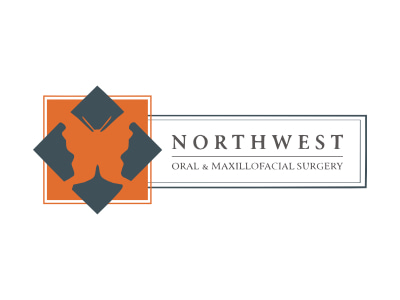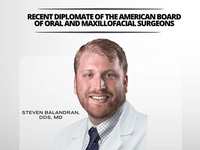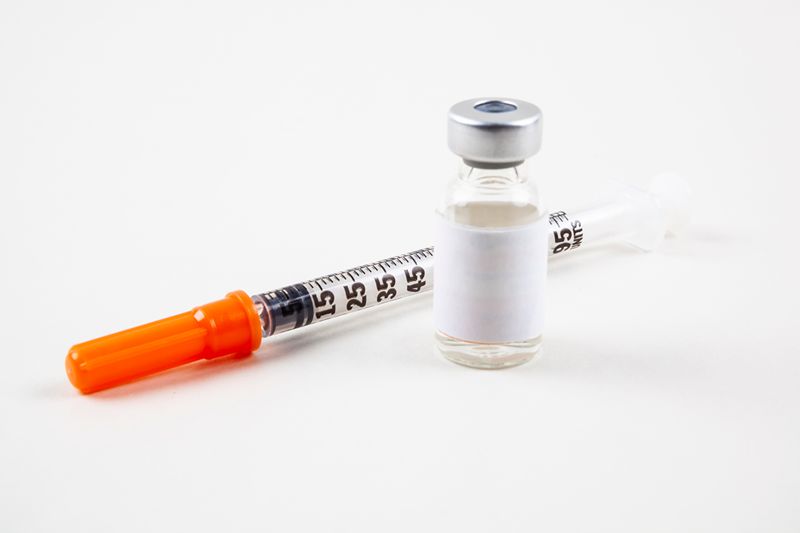- Categories :
- More
Questions Every Patient Should Ask Before They Have Oral Surgery

Healthcare settings can be intimidating, and the prospects of surgery can create overwhelming feelings, so it might be tough for many patients to ask questions prior to any procedure. Asking the right questions, however, can be crucial to a satisfying outcome.
Millions of Americans will undergo surgery each year. It is important to be informed about the surgery being recommended, particularly if it is elective surgery (an operation you can choose to have), rather than emergency surgery,” says Johns Hopkins Medicine. “All surgeries have risks and benefits. It's important to understand them before deciding whether the procedure is appropriate for you.”
Oral Surgery Can Be Performed In-Office Under IV Anesthesia
The same goes for oral surgery which can often be performed in-office, often with the use of IV anesthesia, on an outpatient basis.
“When administered and monitored by an anesthesia team led by a well-trained and highly skilled surgeon, all levels of sedation, up to and including general anesthesia, may be safely, comfortably, and predictably provided to patients undergoing an office-based dental surgical procedure,” says Northwest Oral & Maxillofacial Surgery's Dr. Justin W. Liska. “As with any surgery, however, it is essential that patients, as key members of their healthcare team, take an active role in their treatment choices and ask informed questions before selecting a dental specialist and office for their procedure.”
Johns Hopkins Medicine says it may be helpful for patients to write down their questions ahead of time.
“It is important to remember that a well-informed patient tends to be more satisfied with the outcome or results of a procedure,” says Johns Hopkins Medicine.
Your Oral Surgery Questions Should Cover These 4 Topics
The American Board of Oral and Maxillofacial Surgery (ABOMS) says that patients should begin asking questions during the pre-surgical consultation appointment.
“This appointment allows not only for your oral and maxillofacial surgeon to evaluate you and determine if you are a good candidate for surgery, but also for you to get to know them, determine if they are an ideal match for your needs, and ask questions,” says the ABOMS.
The ABOMS says that oral surgery patients should cover these 4 important topics when asking questions:
Options for the Procedure
- Am I a good candidate for this surgery based on my medical history and medications?
- What are the options for this procedure?
- What type of anesthesia will I have, and how will it affect my body?
- Who will perform my anesthesia?
- Where will my incisions be? Will I have a scar?
- What is my diagnosis, and when is the best time to undergo this surgery based on my condition?
- What costs will I be responsible for?
Preparation for the Surgery and Recovery
- When should I stop eating and drinking before surgery?
- What medications will I need before and/or after surgery?
- Where will my procedure be performed? Is the facility properly accredited?
- When should I arrive for surgery?
- Will I need a ride home? Will I be released the day of surgery (outpatient surgery) or stay overnight?
- Should I avoid eating certain foods after surgery?
- How will I sleep after surgery?
- What is my recovery timeline? How long before I can return to exercise, working, childcare, and other activities?
- Will I see you for follow-up appointments?
Potential Complication and Risks
- What are the potential risks and complications of this procedure, and how do you treat them if they arise?
- What steps do you take to prevent complications?
- What are the most common complications at your practice?
- How do I contact you if I have questions or concerns after surgery, and what is your availability?
Qualifications and Board Certification of Your Surgeon
- Are you board-certified by The American Board of Oral and Maxillofacial Surgery (ABOMS)?
- How long have you been practicing oral and maxillofacial surgery?
- How often do you perform this surgery in a given month or year?
- Do you hold hospital privileges, and where?
Questions that Focus on General Anesthesia for Oral Surgery
When you think of general anesthesia, hospital settings come first to mind but when administered and monitored by an anesthesia team, all levels of sedation, including general anesthesia, can be safely provided to oral surgery patients in office-based settings.
“General anesthesia used during an office-based surgical procedure performed by an oral and maxillofacial surgeon provides patients with a safe and comfortable experience and an excellent outcome,” says Dr. Liska. “Patients are urged to advocate on their own behalf and investigate their options before scheduling their oral surgery.”
The Texas Society of Oral & Maxillofacial Surgeons suggests asking the following questions, many centered around the anesthesia experience:
- What are the dental provider’s and/or oral surgeon’s qualifications?
- Who will monitor the patient while they are under anesthesia?
- Is the staff and dental office trained to respond to an anesthesia emergency?
- Is the specialist performing the surgery a full-time member of the practice where the surgery will be performed?
Making Sure Your Oral Surgeon and Staff Have the Right Qualifications
The surgeon you select for your oral surgery should be, like Northwest Oral & Maxillofacial Surgery, board-certified uniquely qualified to administer anesthesia because of their extensive education, training, and clinical experience.
Northwest Oral & Maxillofacial Surgery surgeons all have completed four-year undergraduate degrees, four-year dental degrees, and an additional four or six-year oral and maxillofacial surgical residency.
“It is during the residency that oral surgeons are trained in a hospital setting, alongside anesthesiology residents, to evaluate patients preoperatively, administer anesthesia, monitor vitals, recognize complications associated with anesthesia, and respond accordingly,” said Dr. Liska.
Also, look for surgeons who are:
- Basic Life Support (BLS) certified.
- Pediatric Advanced Life Support (PALS) certified.
- Advanced Cardiac Life Support (ACLS) certified.
Find out if the practice where you plan on having your oral surgery has completed an Office Anesthesia Evaluation (OAE) which is designed by the American Association of Oral & Maxillofacial Surgeons to make sure the surgeon, staff and facility are equipped for the successful use of anesthesia.
Remember, open communication is a must so do not be afraid to raise any of the questions above with your oral surgeon prior to any procedure.
“Patients are encouraged to ask questions about their surgeon’s credentials and the safety of the office,” said Dr. Liska. “Ultimately, the goal of the best practices is to provide compassionate care in an environment specifically designed for the safest surgical experience.”


















